How Does Creatine Benefit Athletic Performance?
Creatine is a hot topic in the fitness world right now, but also slightly controversial. There have been many mixed opinions about whether or not you should be taking creatine everyday and to what extent it will benefit your athletic performance. Does it actually make you fat? Is creatine safe? Is it only made for men? If you want answers to these questions, then you’re in the right place!
What Exactly Is Creatine?
Creatine is naturally produced by the body, and can be found predominantly in the muscles, brain and other organs. It is the byproduct of 3 amino acids: glycine, arginine and methionine, combined in the kidney and liver. Creatine is also found in meat, or can be taken as a sports supplement.
It is important to keep standard levels of creatine in your body, especially if you’re looking to improve your athletic performance. This is because if stored levels get too low, it can result in:
- Lack of strength
- An inflamed liver
- Nausea
- Weight loss.
How Does Creatine Work?
When creatine is either ingested or produced by the body, it binds with phosphate to create a creatine-phosphate molecule. This molecule then donates its phosphate component to ADP, converting it to ATP, which is one of our main energy sources.
ATP is immediately supplied to working muscles during exercise, as it is the main energy source used in fast, powerful movements. Creatine's role in energy production is to help convert ADP to ATP, so that our ATP energy stores replenish faster during exercise.
Another major role of creatine is to transport essential nutrients that help build protein molecules, helping with muscle recovery and growth.
What Are The Benefits of Creatine?
With increased levels of creatine come more ATP stores. This energy can then be directed towards the muscles during exercise, helping us performer harder than ever. As a result, creatine helps to:
- Improve strength and power;
- Enhance speed and agility;
- Reduce recovery time; and
- Build muscle mass and strength
What Are The Side Effects of Taking Creatine?
Alongside the benefits, there are a few side effects that MAY affect users. Although not necessarily negative, they should still be kept in mind in case you start seeing changes in your body that you’re not prepared for.
-
Dehydration: As creatine drives water from the body into the muscles, you may begin to feel dehydrated if you’re not drinking enough water.
-
Muscle cramps: Caused due to the limited blood supply flowing to the muscles, which is a result of dehydration.
- Upset stomach: Some creatine supplements don't dissolve well with water. This leads to poor digestion and, as a result, causes cramps.
If you were trying to avoid these side effects there is the option to take con-cret creatine. Con-cret is more soluble in water and can be consumed at a lower dose.
What Are The Different Types of Creatine?
There are a variety of creatine supplements on the market, the three most common being:

- Creatine monohydrate
- Creatine ethyl ester (CEE)
-
Creatine hydrochloride
These supplements come in the form of powders, which are generally combined with water for consumption. Out of the 3, creatine monohydrate is the most common as it is usually the cheapest and easiest to purchase.
Creatine can be purchased from most grocery stores, chemists, or supplement retailers.
Creatine Myth or Fact?
Let’s see if it’s all talk or scientific fact.
“Creatine will make me fat”
MYTH: Because creatine causes fluid retention in muscles, your body may LOOK fuller and the scales may read higher, however this does not mean you’ve gained fat. The water weight actually maintains hydration of your muscles and helps you to train harder and longer, which as a result, increases muscle mass.
“Creatine is not safe to consume”
MYTH: Backed by scientific research, Creatine has been found to be completely safe to consume for a regular healthy adult. It helps to reduce muscle cramps and tightness in athletes, therefore reducing their overall injury rate. A time where consuming creatine may not be safe would be if you were taking medications that react badly to the molecule. If this does concern you, we’d highly suggest that you consult with your doctor before going out to buy Creatine.
“Creatine is only effective for males, not females”
MYTH: Creatine benefits both males and females. However, because of the female body composition, the changes are not as obvious and can take longer to go into effect. For both males and females, creatine increases overall body strength and helps to boost your energy and performance levels.
“I need to cycle creatine on and off”
MYTH: Creatine should be consumed daily and not cycled on and off, as its benefits come when it reaches a saturation point in the body. If you were to cycle, the full effects would not come into play as the body doesn’t reach a saturated level.



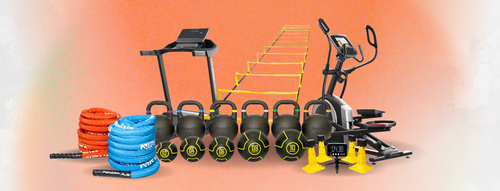
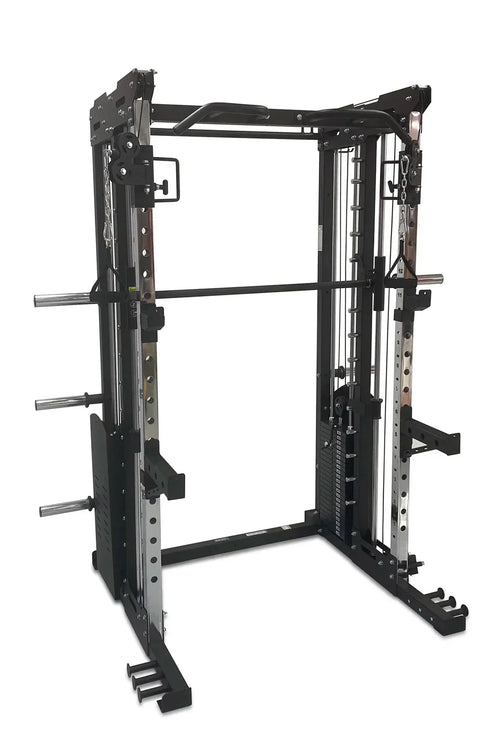
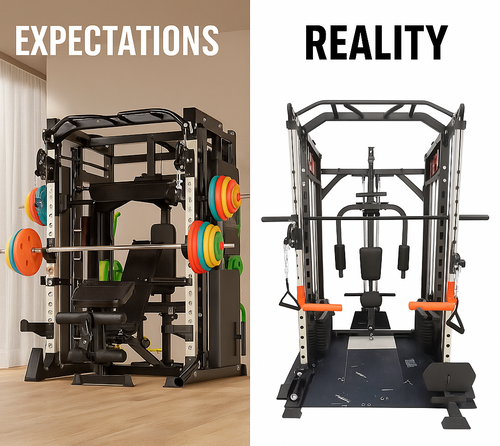






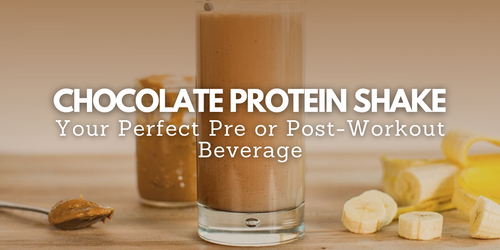
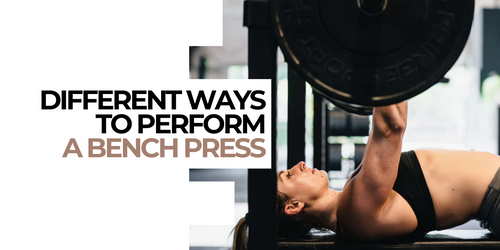









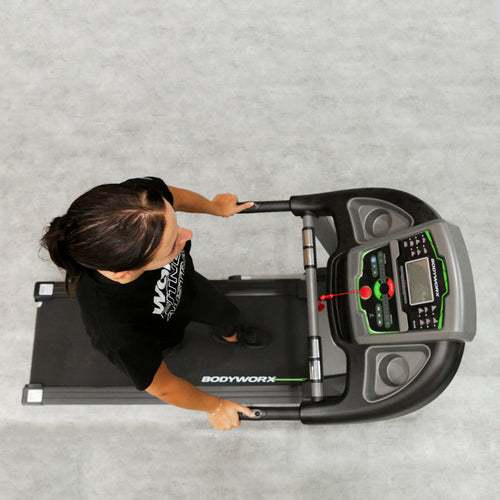



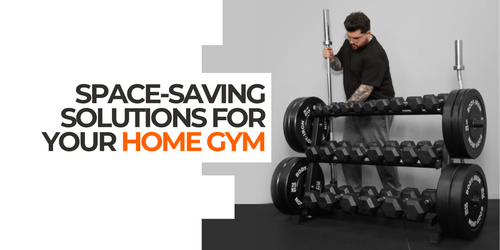
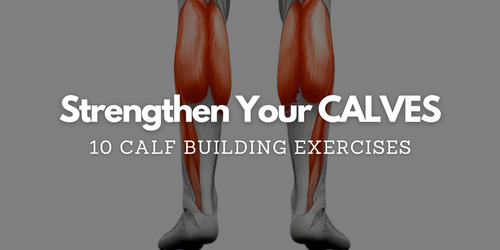

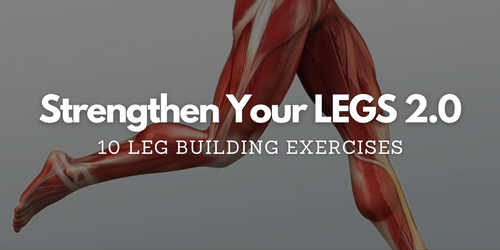
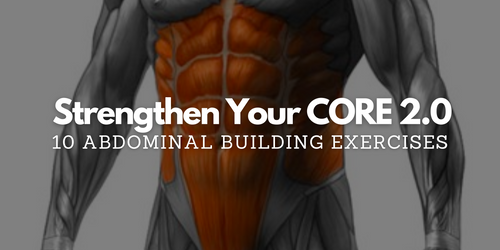



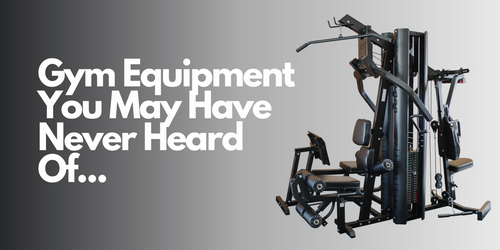
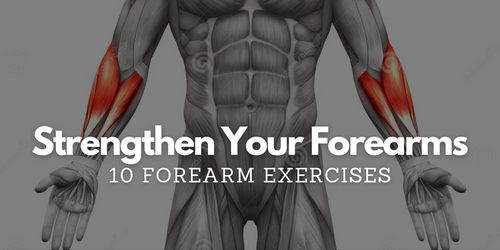

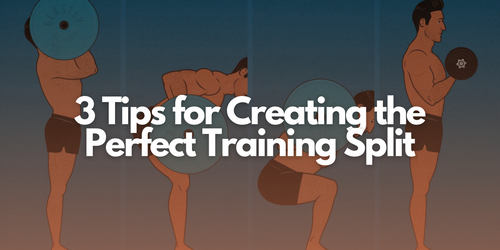

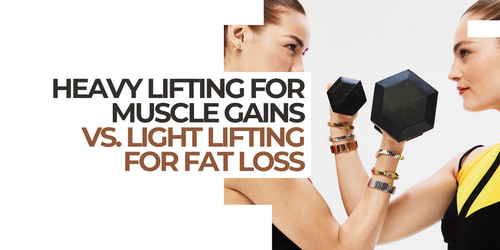



Leave a comment